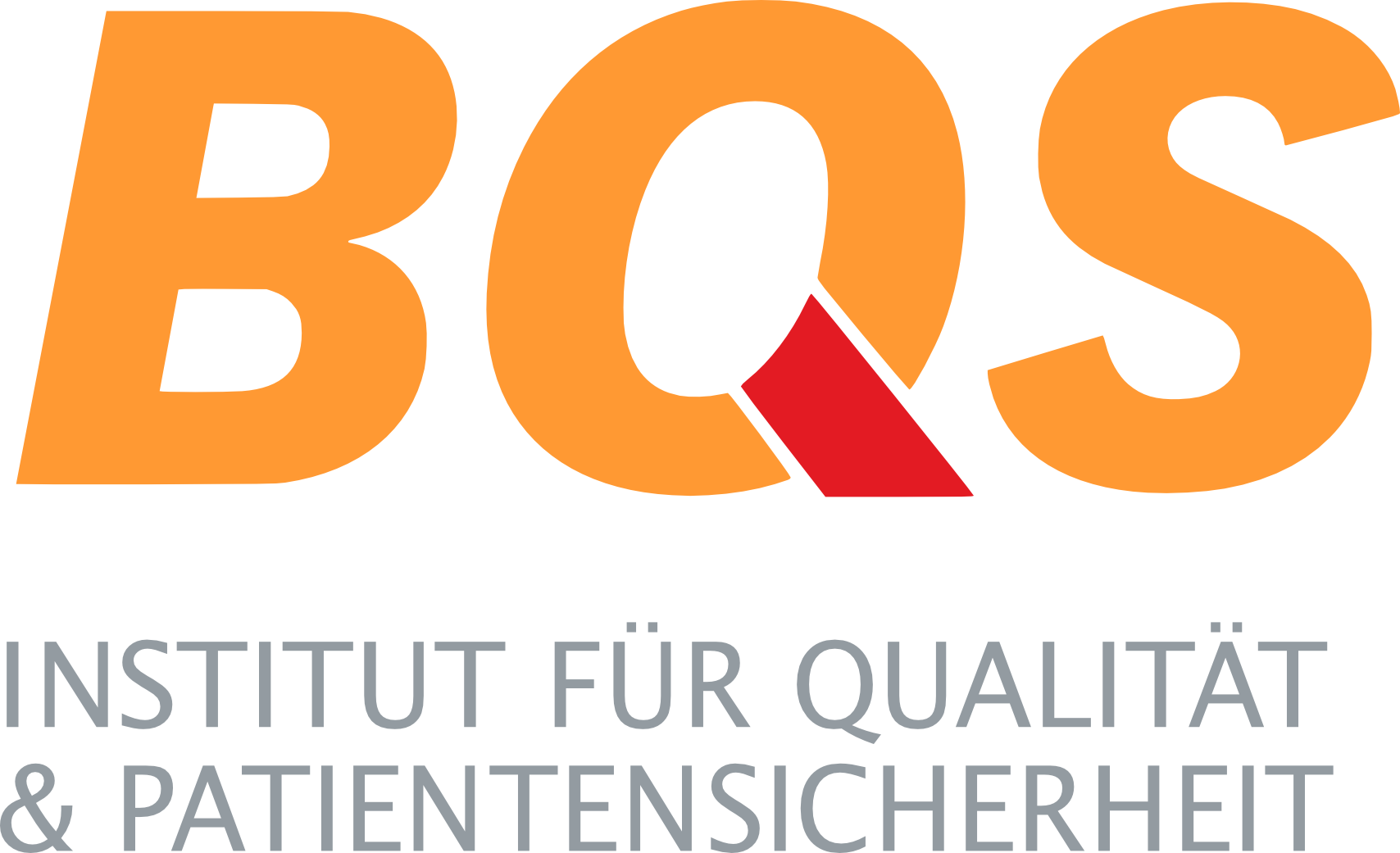More treatment quality through good communication
Nicole Fronia, BQS Institute
Good communication has a positive impact on treatment outcomes by increasing adherence and patient competence and reducing the likelihood of errors in the quality of diagnosis and treatment. Numerous studies clearly demonstrate this; with the inclusion of patient orientation in the Hospital Structure Act of 2015, the topic is also given special importance in health policy.
However, interactive communication by the physicians and nursing staff providing care during the hospital stay also increases patient satisfaction; the current Picker survey benchmark underscores this.
For around 56% of the patients surveyed, the doctor-patient and nursing staff-patient relationship has a major influence on the subjectively perceived overall experience and thus significantly favors the willingness to recommend the hospital to others after the hospital stay. This was stated by around 36% of the patients surveyed.
The analyses of the survey results also show that communication is often a problem area. For example, half of all patients surveyed stated that it was not very easy to find hospital staff who would talk to them about existing concerns and worries during their stay if necessary. One in three patients also felt that they were not sufficiently involved in decision-making processes regarding treatment.
What are the benefits of better communication with patients >> Video - Eva Lampmann, BQS Institute asks Vera Lux, Member of the Board and Director of Nursing, University Hospital Cologne AöR and Ines Manegold, Managing Director, Katholische Kliniken Emscher-Lippe GmbH


